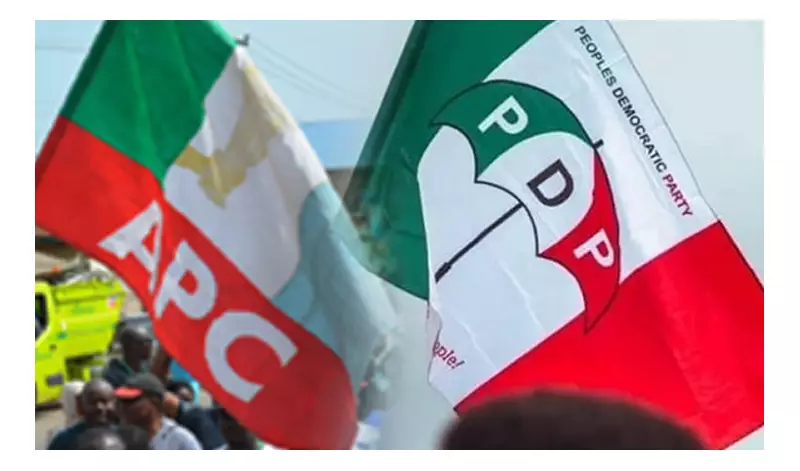
In a stunning revelation that has sent shockwaves through Nigeria's political landscape, a prominent political analyst has exposed the true motivation behind the recent wave of defections to the ruling All Progressives Congress (APC). According to Dr. Chima Onuoha, the mass migration of politicians from opposition parties stems from one fundamental factor: sheer terror of losing in the upcoming 2027 general elections.
The Fear Factor Driving Political Realignment
Dr. Onuoha, speaking exclusively to our correspondents, painted a vivid picture of political desperation sweeping through opposition camps. "What we're witnessing isn't ideological alignment or genuine political conversion," he declared. "It's pure survival instinct. These politicians have done the math and realized they stand no chance in 2027 unless they're wearing APC colors."
Calculated Moves or Political Panic?
The political scientist explained that recent developments have created an atmosphere of impending doom for opposition parties. Several key factors are contributing to this mass exodus:
- The perceived invincibility of the APC machinery at national level
- Growing concerns about opposition fragmentation and weak leadership
- Anticipation of reduced political relevance and access to resources
- Fear of being sidelined in future political appointments and contracts
Opposition Parties in Crisis Mode
According to Dr. Onuoha's analysis, the main opposition parties are facing an existential threat that goes beyond ordinary political competition. The Peoples Democratic Party (PDP) and other smaller parties are hemorrhaging members at an alarming rate, with prominent figures crossing over to the ruling party almost weekly.
"When politicians start jumping ship this early in the electoral cycle, it signals a fundamental crisis of confidence in their own political futures," Dr. Onuoha observed. "They're not just planning for 2027—they're already conceding defeat three years in advance."
The Bandwagon Effect in Nigerian Politics
This phenomenon isn't entirely new in Nigerian politics, but the scale and timing of these defections suggest a deeper structural problem within opposition ranks. The bandwagon effect appears to be gaining momentum as more politicians calculate that being in the ruling party offers better protection against electoral humiliation.
Political observers note that this trend could fundamentally reshape Nigeria's political landscape, potentially creating a dominant-party system where the APC faces little meaningful opposition in future elections.
What This Means for Nigerian Democracy
The mass defections raise serious questions about the health of Nigeria's multi-party democracy. When politicians prioritize personal survival over ideological commitment, the very foundation of competitive politics becomes threatened.
Dr. Onuoha's analysis suggests that unless opposition parties can reorganize and present a credible alternative vision to Nigerians, the 2027 elections might be decided long before voters ever reach the polling stations.
As the political realignment continues, all eyes will be on how both the ruling party manages these new additions and how the opposition regroups—if they can regroup at all.





